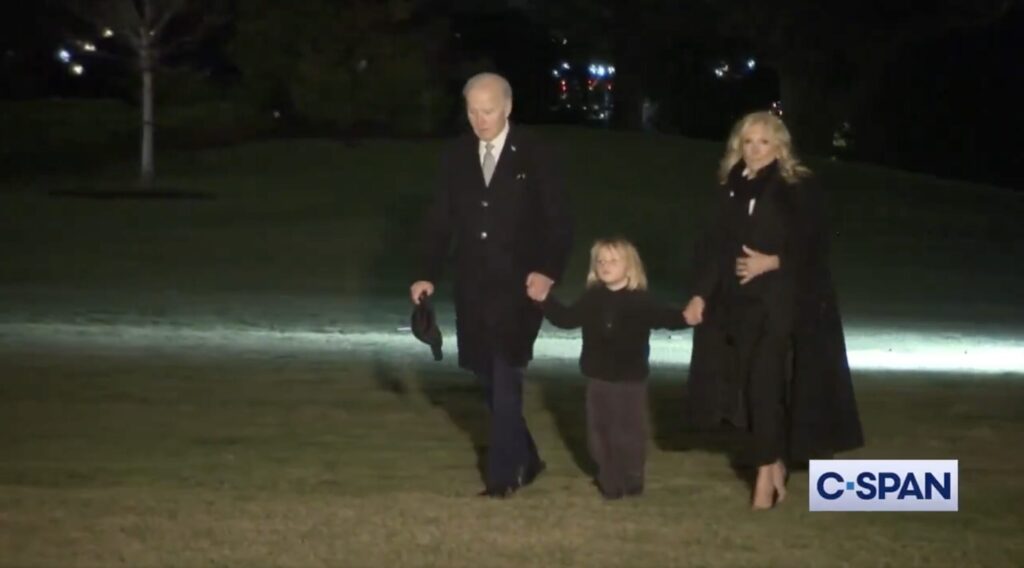On a late Thursday afternoon, Vice President Kamala Harris abruptly canceled her planned trip to Los Angeles, choosing instead to remain in Washington, D.C. This unexpected change of plans coincided with President Joe Biden’s sudden return to the White House after attending a memorial service in Wilmington, Delaware, for his late ex-wife and daughter. The decision to stay behind has ignited speculation regarding the stability of the Biden administration, particularly as it grapples with various pressing challenges, most notably the looming threat of a government shutdown. The abruptness of both Biden’s return and Harris’s canceled trip has raised eyebrows, leading many to ponder the implications of these developments on the administration’s current state.
Harris was originally scheduled to depart Washington at 9:15 PM ET but called off her trip around midday, providing no further explanation. The White House issued a brief press release confirming her decision to stay, noting that she would be receiving briefings and holding internal meetings that were closed to the press. This vagueness in their communication has only fueled speculation among observers, raising questions about the nature of the meetings she would be involved in, which have been suggested to include discussions about critical issues such as Hurricane Helene and positioning within the administration.
As the administration continues to face mounting challenges, including a potential government shutdown due to a stalemate between congressional Democrats and Republicans over significant spending legislation, both Harris’s and Biden’s movements have been scrutinized. The backdrop of these events is further complicated by the imminent holidays, which heighten the stakes surrounding government operations. Critics of the Biden administration have pointed out the irony that as the president’s leadership comes under fire, particularly for what some are calling a “quiet quitting” approach during this fiscal crisis, significant decisions are being made behind closed doors without public accountability.
The public’s response has been a mixture of concern and condemnation regarding Biden’s leadership style. Questions have been raised about the effectiveness of his approach amid crises, particularly when contrasted with the urgency required in political decision-making. Observers note that the administration’s ability to communicate effectively with the public and maintain operational transparency has become increasingly crucial as the clock ticks down to critical deadlines, such as the potential government shutdown. The perception that Harris might be thrust into a more significant role sooner than expected has emerged as a point of contention, fueling discussions about the overall health of the administration.
Social media has been buzzing with speculation about the implications of Harris’s sudden shift in plans, further amplifying calls for more transparency from the White House. Users have expressed their concerns regarding executive leadership and what these last-minute changes indicate about the administration’s strategy moving forward. As the possibility of critical decisions being made comes under scrutiny, calls for clarity and accountability become more pressing. Harris’s presence at these meetings may imply significant conversations about the administration’s direction and how they plan to navigate the burgeoning crises, thus upholding their governance amid uncertainty.
In conclusion, Harris’s decision to remain in Washington and Biden’s unanticipated return is a reflection of the turbulent dynamics currently at play within the Biden administration. The potential government shutdown acts as a backdrop to the already tense climate as both leaders maneuver through an intricate political landscape. The vagueness surrounding these abrupt changes in plans and the silence from the administration only intensifies public speculation and criticism. The administration’s capacity to pivot and effectively communicate its strategies while managing these challenges could ultimately dictate the future perception of Biden’s presidency and his team’s effectiveness. As the end of the year approaches, it remains to be seen how these unfolding events will shape the administration’s legacy and the public’s trust in its leadership.

